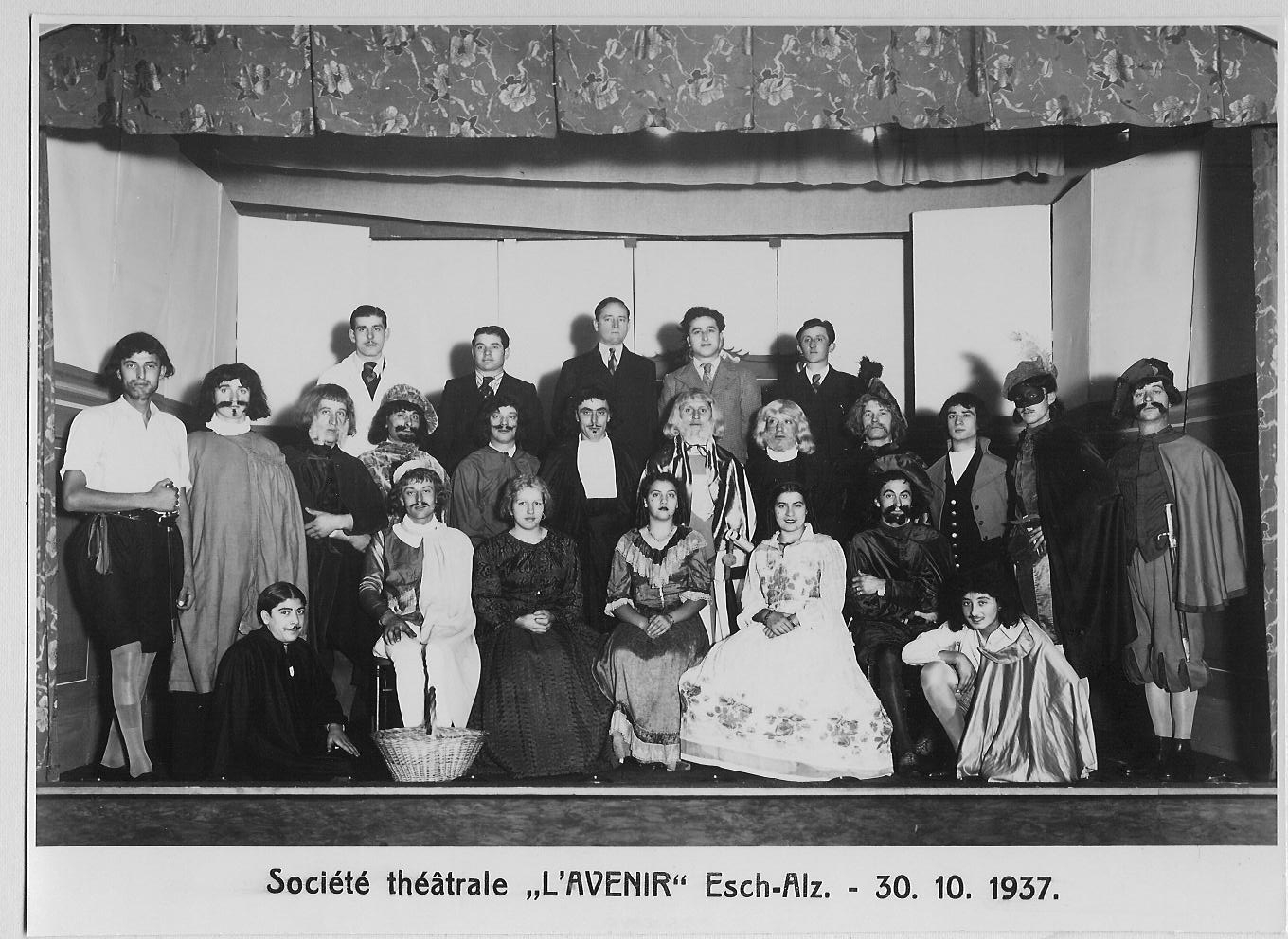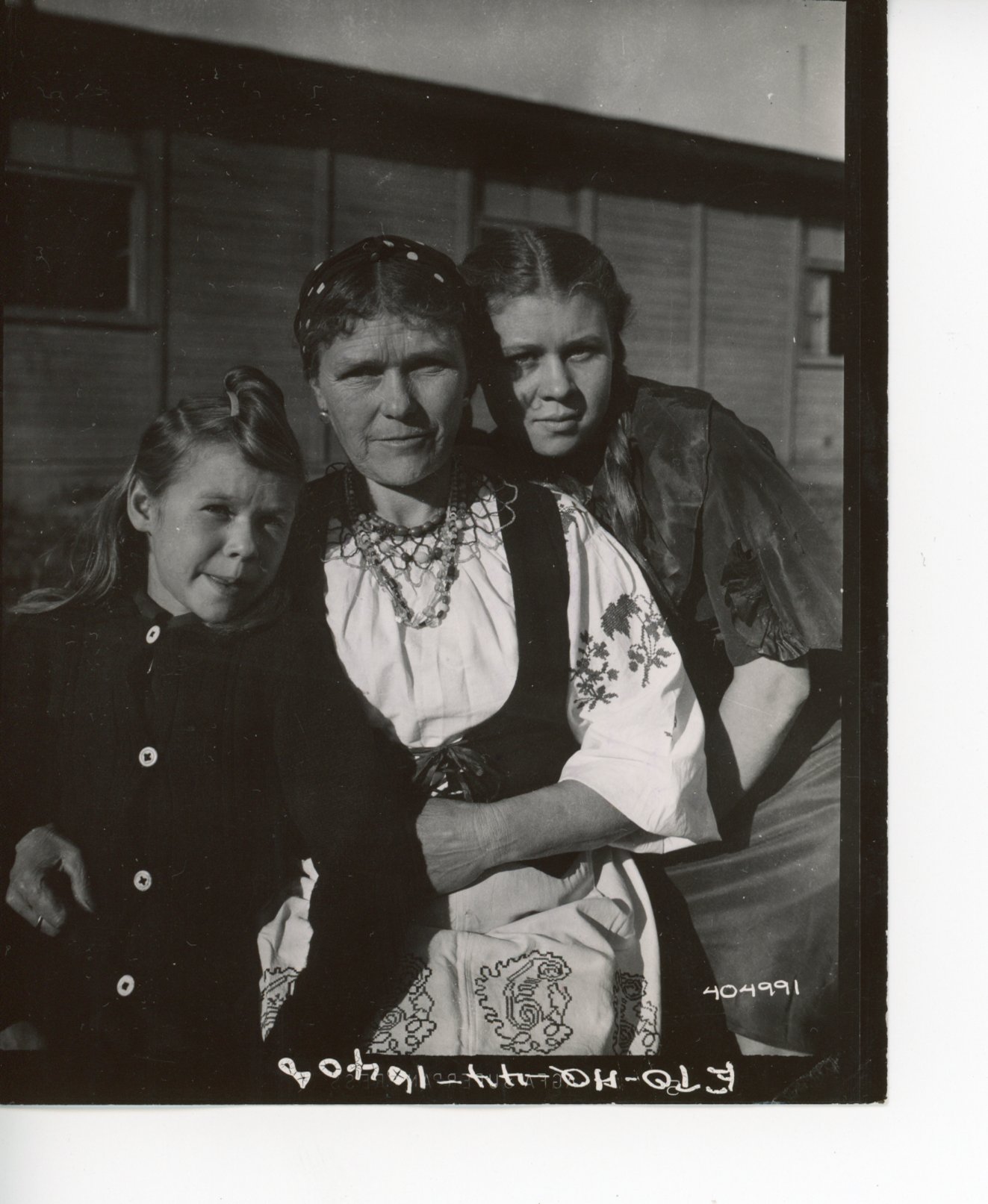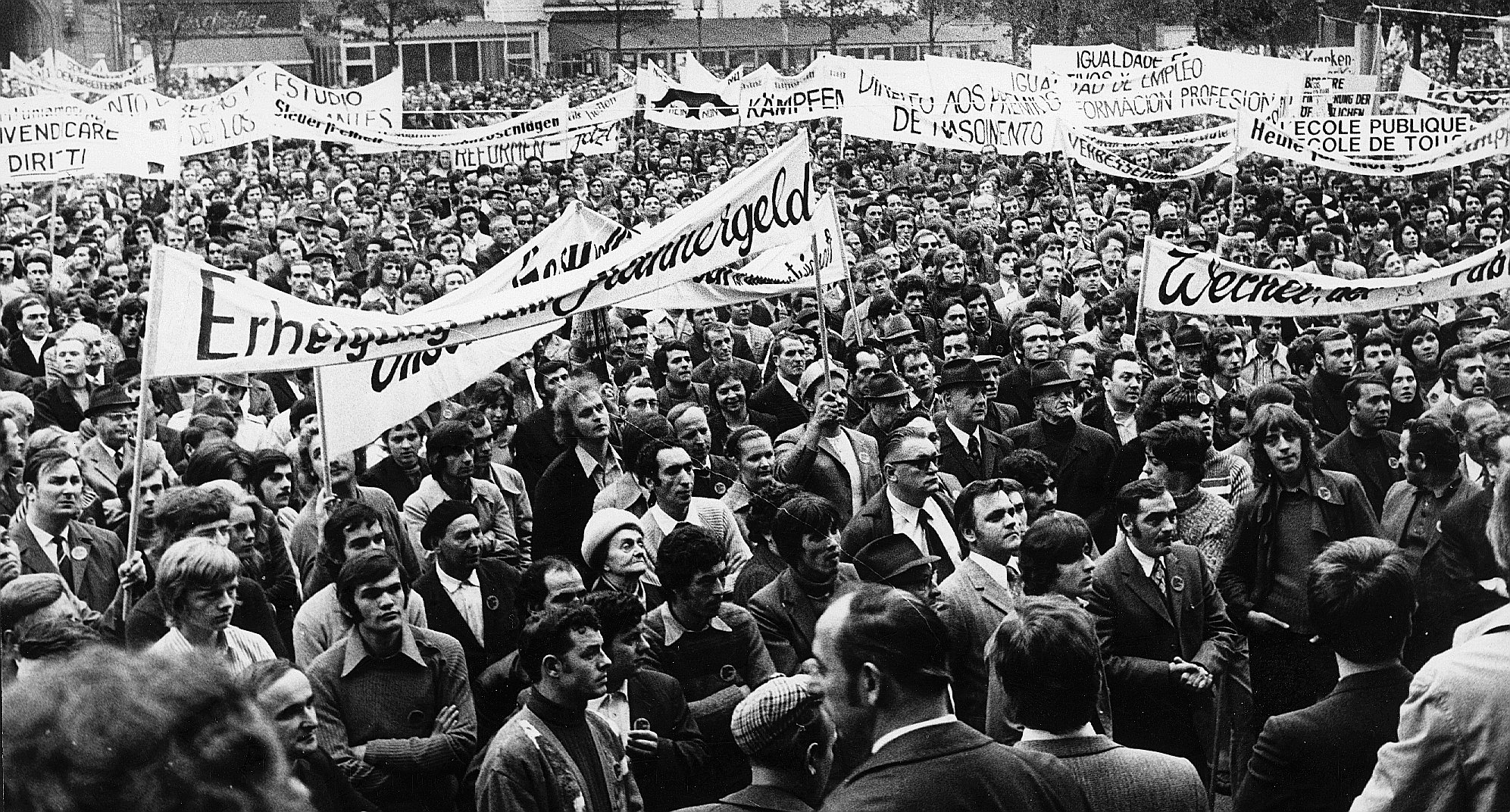General objectives
The ‘History and Migrations’ Chair, born from the cooperation between the University of Luxembourg and the City of Dudelange, in partnership with CDMH, aligns with the objectives of the C²DH, an interdisciplinary research center. Its goals are to:
- Serve as a national platform for critical studies and debates on Luxembourg’s contemporary history.
- Act as a local mediator to promote a multimedia and digital culture in research, teaching, and knowledge dissemination.
- Reflect on the methodological challenges of history in the digital age..
This cooperation focuses on three main areas: research, teaching, and the public promotion of results, in close collaboration with CDMH and the City of Dudelange. It covers the thematic areas of the four research units of the C²DH: Contemporary History of Luxembourg, European History, Digital History, and Public History.


